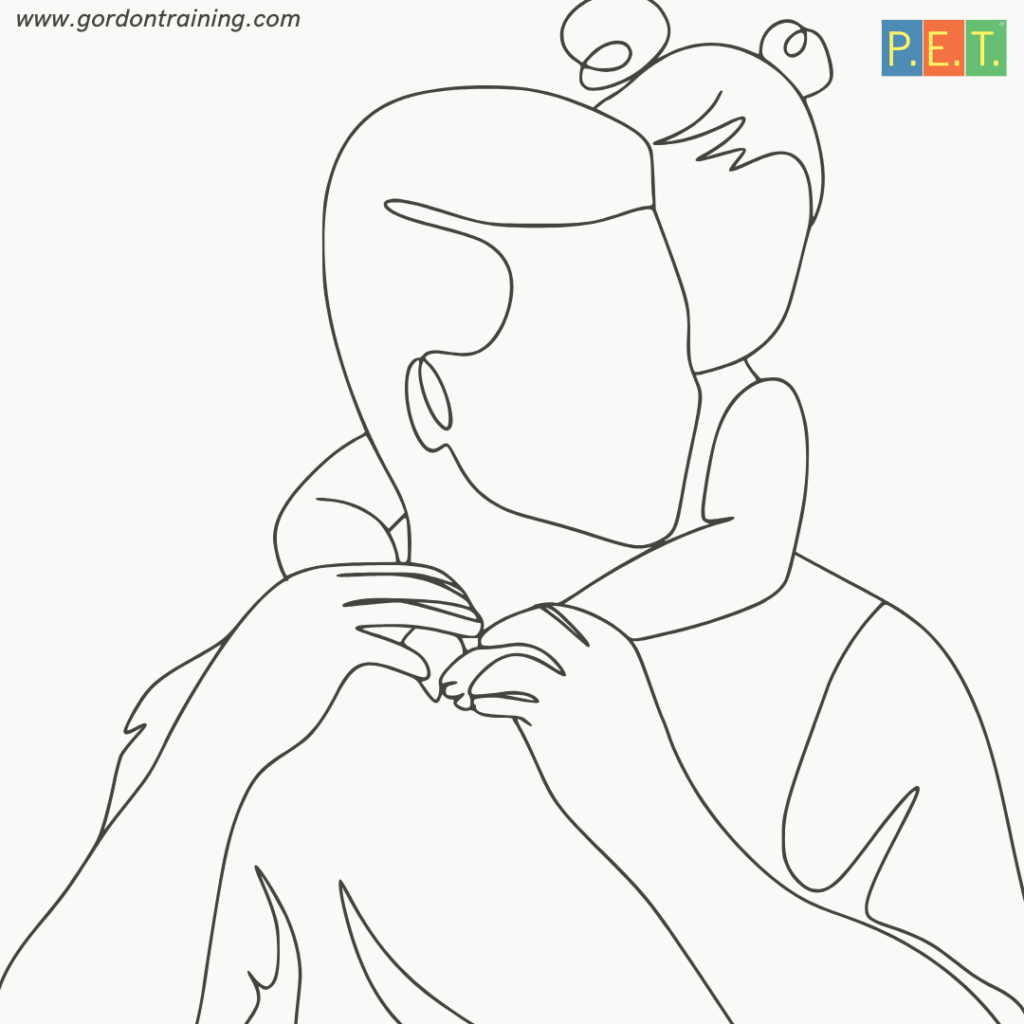As with any parent, it’s important to my wife and me to influence our kids with our values and beliefs. In P.E.T., we learned that a great way to share those values with them is through modeling. It runs very few risks since it isn’t a direct or an announced attempt to change them. When we model, we are simply behaving naturally and congruently—living what we believe and value in our own lives.
But what can parents do to make sure that their children actually buy those values? Dr. Gordon explains:
“It is clear to me now that in the P.E.T. course we made insufficient efforts to teach parents how powerful modeling is in shaping and influencing children’s values and beliefs. True, we tell parents that kids are bound to learn some of their parents’ values by observing what their mothers and fathers do and by hearing what they say. We say that parents will in fact teach their values by actually living them, and we caution them about the inadequacy of ‘Do as I say, not as I do.'”
Unfortunately, parents somehow do not trust this process. They fear that their offspring might not buy the values they see their parents living by. What we did not stress is that kids are much more likely to learn from the parental model if their relationship with the parent is a good one. Kids seldom model after adults they dislike or fear. They adopt the values of people they admire, respect, love—those people are the ones kids feel they want to be like. It figures!
So to ensure the maximum benefit of parental modeling, parents would do well to learn all the skills we teach in P.E.T. because they are relationship skills: what it takes to foster and maintain a relationship in which the child can develop as a person—and the parent, too.
To take a line from Dr. Gordon’s “A Credo for My Relationships“:
“Our relationship thus can always be a healthy one because it will be mutually satisfying. Each of us can become what we are capable of being, and we can continue to relate to each other with feelings of mutual respect and love, in friendship and in peace.”
By learning the P.E.T. skills, parents will be doing everything they can (to my knowledge, at least) to foster a relationship of mutual respect and love, and thereby increase the probability that their children will adopt the parents’ values.

